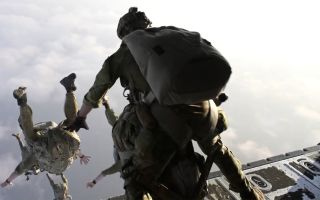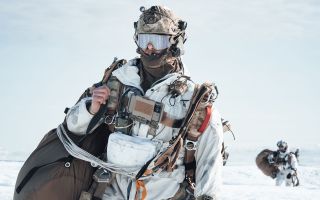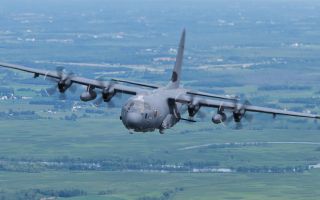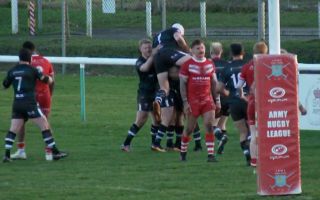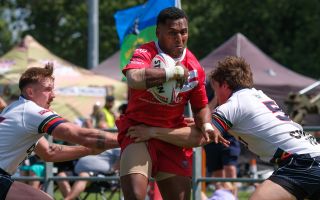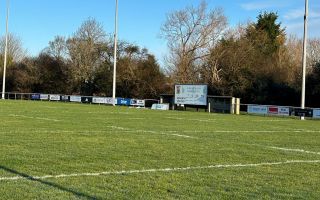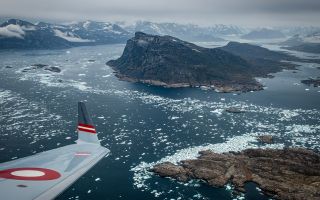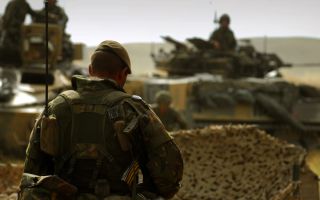Medals For Airborne Medics After South Sudan Peacekeeping Mission
United Nations medals were presented to British airborne medics for their contribution to the United Nations’ peacekeeping effort in South Sudan.
Some 80 soldiers from Colchester-based 16 Medical Regiment, part of 16 Air Assault Brigade, deployed from May until September 2017 to establish a temporary hospital in Bentiu as part of the United Nations Mission in South Sudan (UNMISS).
They were part of Operation Trenton, the UK's contribution to the UN mission in South Sudan.
Millions of people have been left starving and displaced by conflict in the country, and Operation Trenton is the United Nations mission working to help them.
The medals were presented by Lt Gen Lou Lillywhite, who congratulated soldiers on their work providing medical treatment to peacekeeping staff in South Sudan.
16 Medical Regt set up a field hospital to treat hundreds of personnel working to bring stability to the region.
The medics were operating in conditions that they said were more basic than they had been used to in Afghanistan.
Major Chris Kemp, who led the team on the ground, said: “The initial deployment was challenging, it was very austere, but we were there to see it through so that the standards are a little bit more comfortable for the next team that takes over.
"When we went out there the environment was very hot and humid, but we took the time to acclimatise and made sure no-one was overstretching themselves or spending too much time in the direct sunlight.
“I think the troops have done a tremendous job.
"It’s a tough environment, it’s something completely different, and I think they’re probably feeling their worth today.
"It was a long-running task and we had a lot of uncertainty with delays, but I think we managed to bear that well, and the people who take over our position won’t have that uncertainty.”
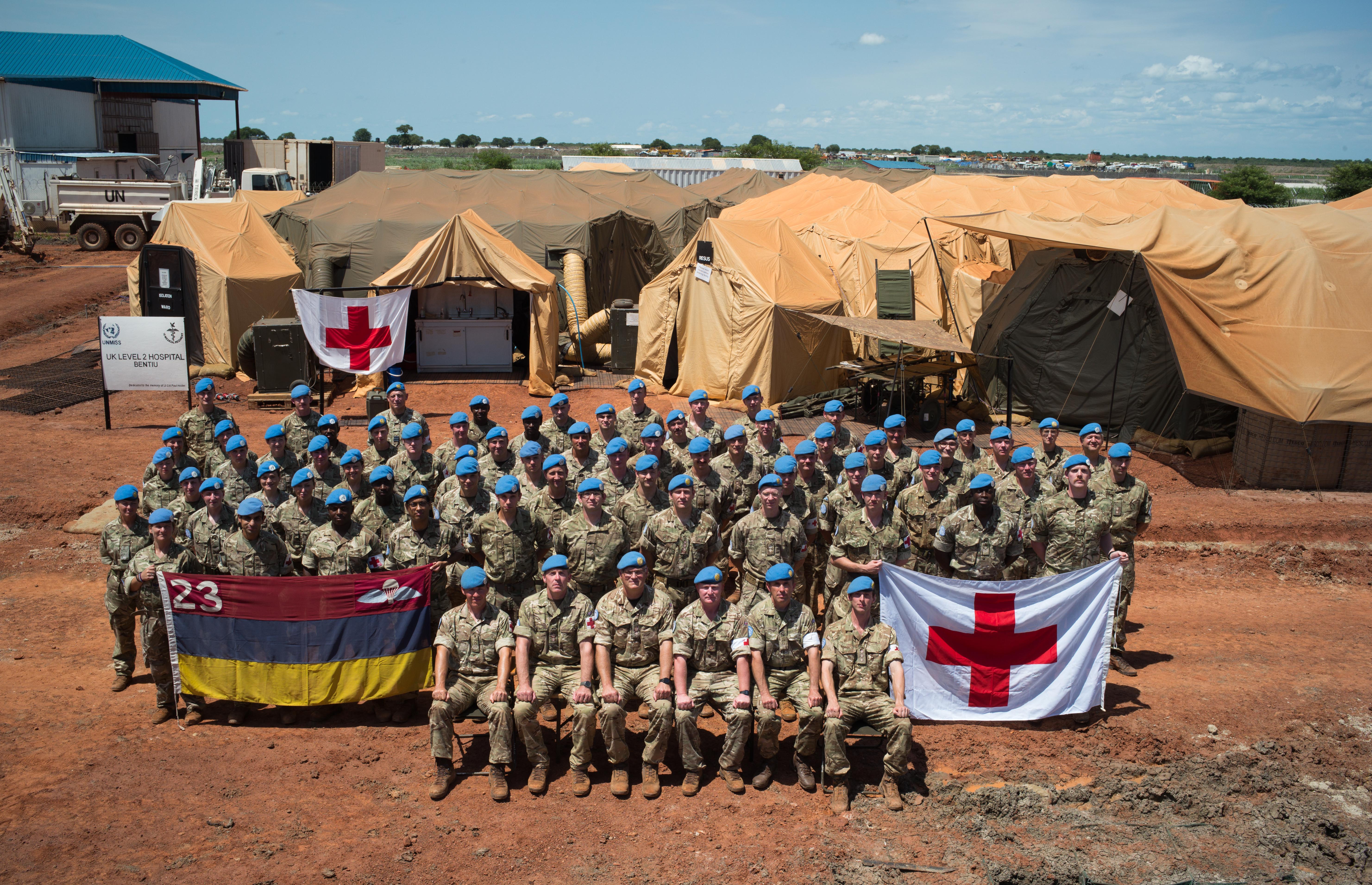
Corporal Gumansing Rai, an experienced Combat Medical Technician, said: “I’ve been on operations before, like Afghanistan and Iraq, so this was very different but also a very enjoyable tour for me.
"The main challenges were the very hot weather and the outbreaks of diseases like D&V, and that was very challenging for a medic in terms of clinical healthcare.
"This was the first time in a long time that the British Army has taken part in a UN mission, and we as 16 Medical Regiment were able to establish and open the Level 2 Hospital and hand it over to another regiment, so that was a big success.”
Private Jonathan Catton, who was on his first operational deployment, said: “The biggest challenge was the weather.
"It’s the hottest climate I’ve ever been in, so it was different from anything I’ve done before.
"In our training we do a lot of trauma care, whereas working out there it was much more about public healthcare, so my standards of healthcare have gone up.
"I also learned about taking care of my personal administration in a hot country like that, especially with all the different types of D&V going round. If people weren’t keeping clean they were going to get sick out there.

